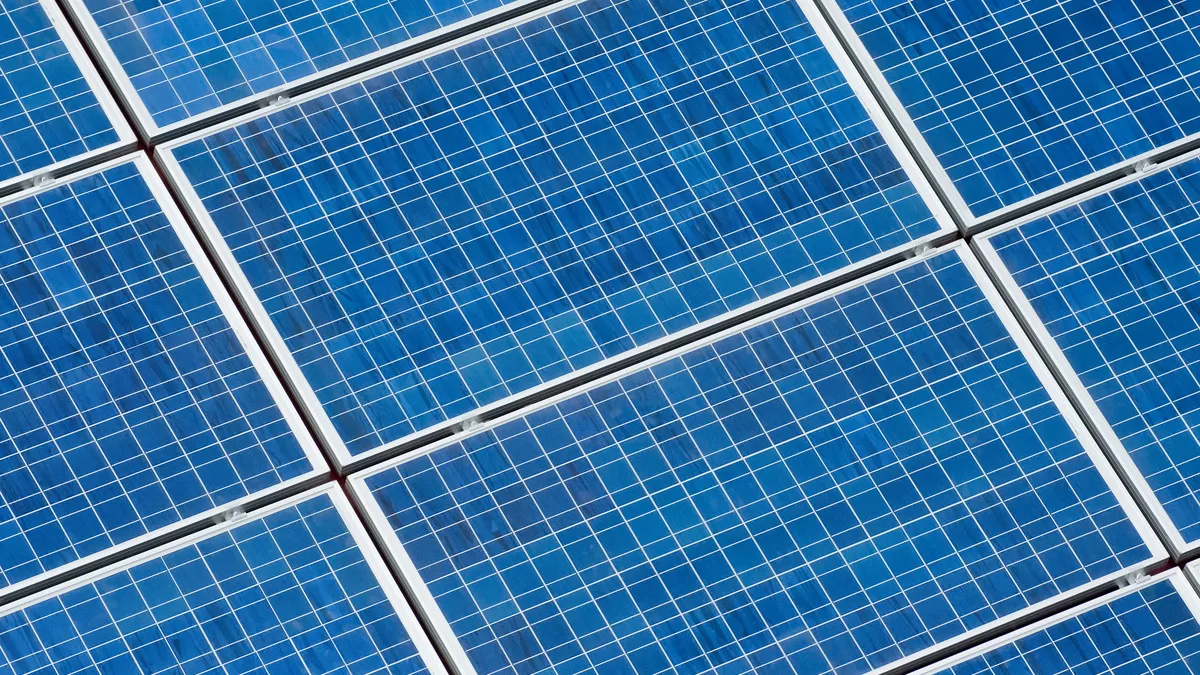Dive Brief:
- Following years of debate, Mississippi utility regulators have enacted a net metering policy that will compensate solar customers for the power they produce at a rate between the retail and wholesale prices, the Associated Press reports.
- The first 1,000 low-income customers will receive an additional 2 cents/kWh as a way of offsetting some initial costs, the Public Service Commission said last week.
- Mississippi will also establish a joint working group to study the cost and benefits of solar energy after three years, which could lead to pricing adjustments. Regulators aim to review the policy's effectiveness after five years.
Dive Insight:
For a while, Mississippi was one of five states without a net metering policy. But state regulators last week voted unanimously to support a net metering policy that sets the value of rooftop generation "at a cost that the utility will not have to spend each month," according to a statement from Commissioner Brandon Presley.
The rate will be $0.07 to $0.075 per kWh until after three years when the "adder" of $0.025 will be replaced after "actual benefits" are figured out," The Mississippi Business Journal reports.
“Mississippians are self-sufficient. They like to fix their own cars and grow their own food. They should be able to make their own power, too,” Commissioner Presley said in his statement. "Passing this rule is a big step toward creating a solar market in our state; a step that could one day benefit all ratepayers. No one can predict what the cost of electricity or gas will be tomorrow but I can tell you that the sunshine will be free."
The Sierra Club issued a statement lauding the state's decision.
"With net metering plans, we open up endless opportunities to develop homegrown, renewable energy programs," said Louie Miller, state director of the Sierra Club's Mississippi Chapter. "Rooftop solar will jump start the renewable energy sector of our economy, diversify Mississippi's energy mix, and protect our economy against fossil fuel fluctuations all while lowering our dependence on dirty forms of energy."
But the report also warned that under 0.5% penetration, distributed solar would decrease revenues for the state's utilities, especially because net metering participants would need to be compensated at a rate beyond the variable retail rate in order to finance solar installations, according to Synapse.














